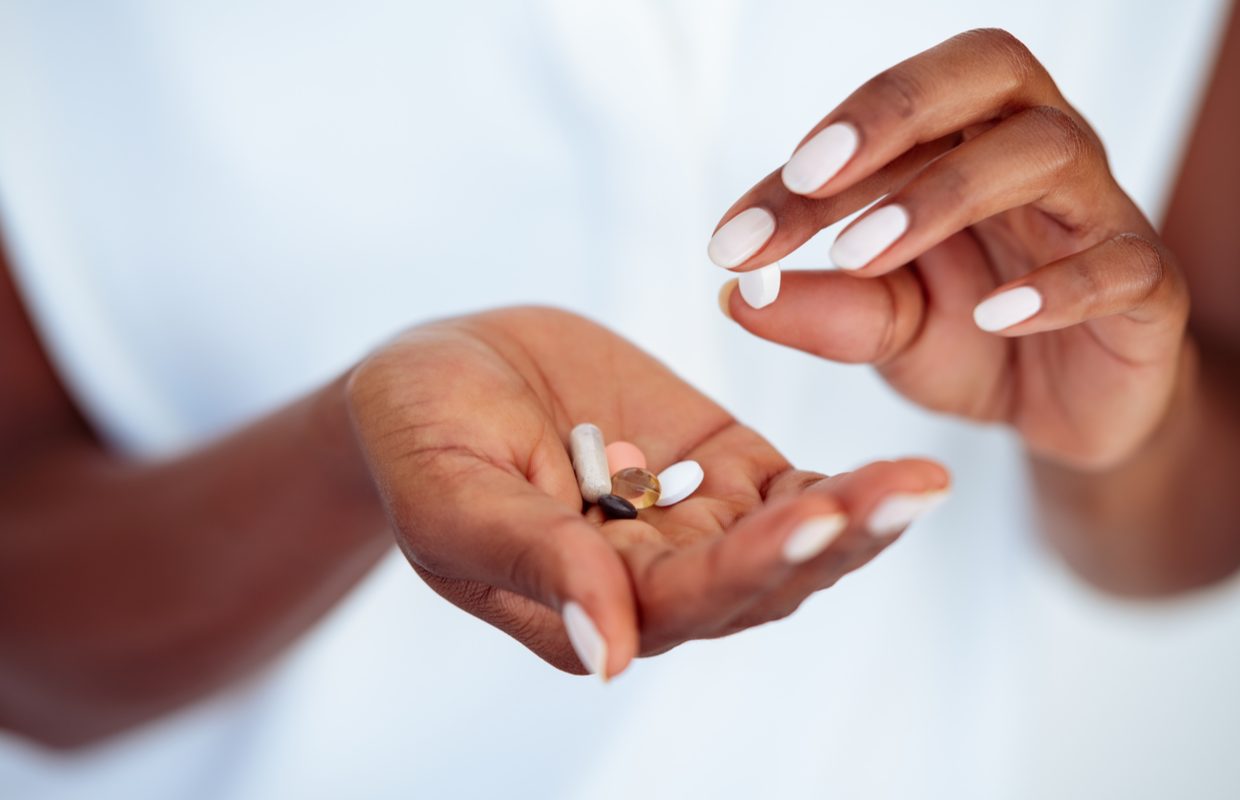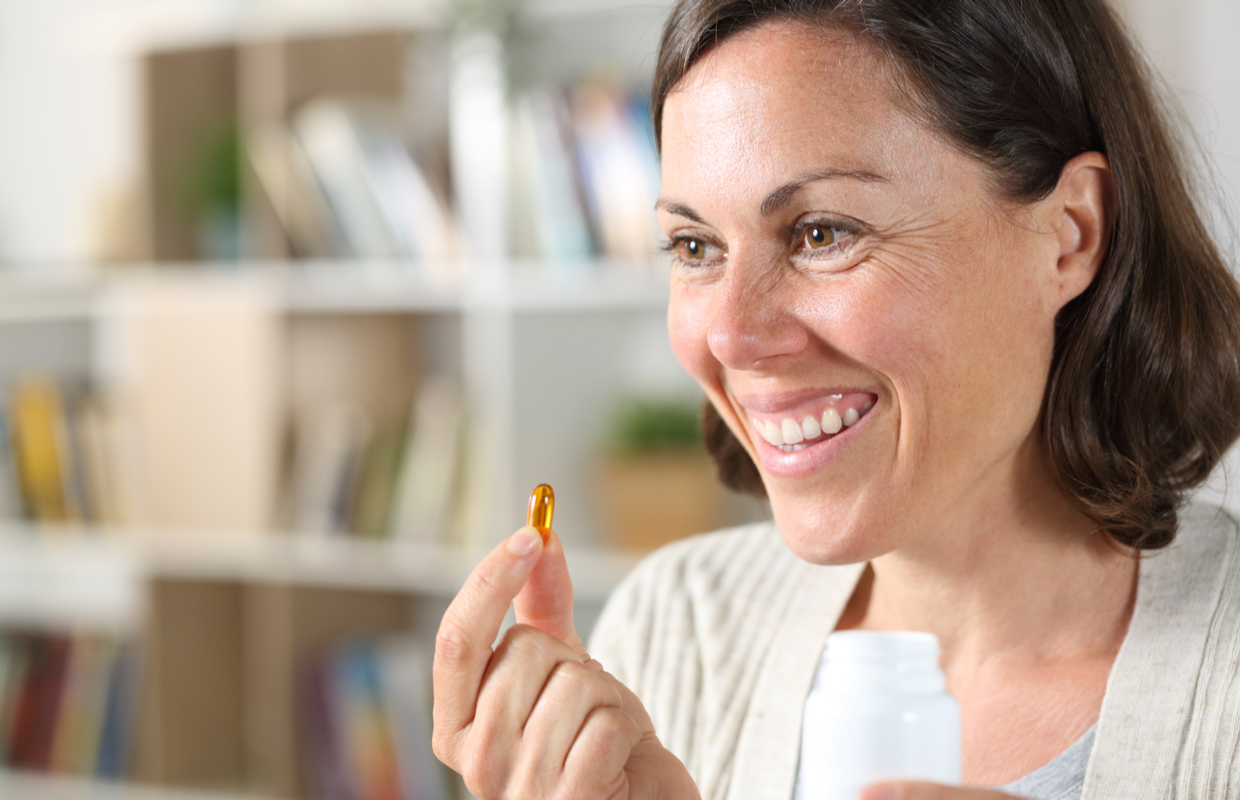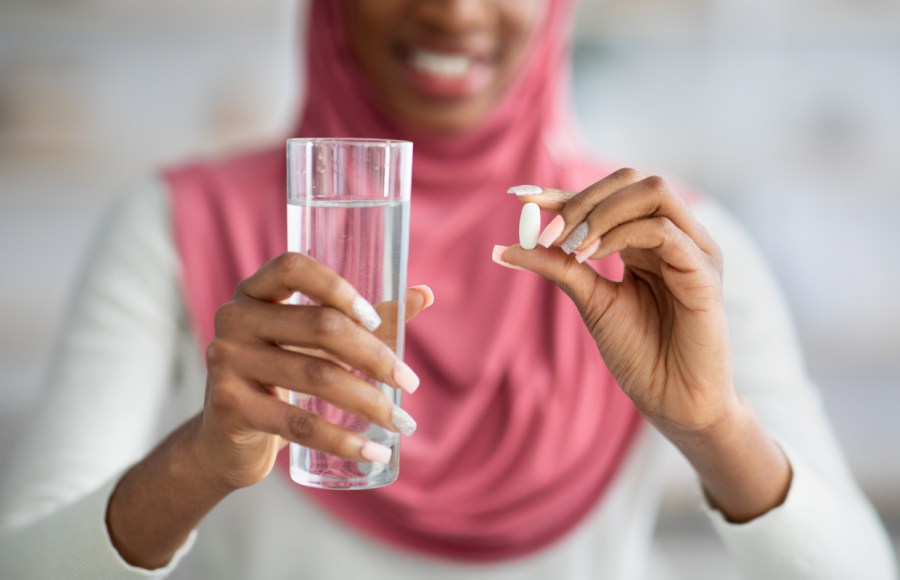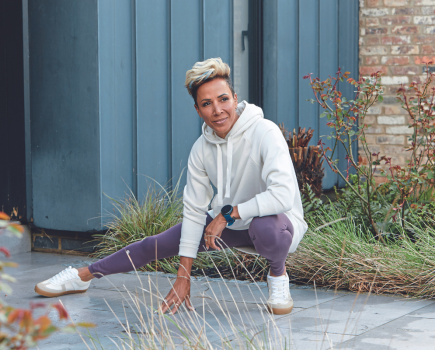If you’re currently dealing with long Covid, functional nutritionist Pauline Cox and editor Katy Sunnassee discuss how to support your liver health and which supplements you should take to improve your post-viral recovery…
Q. Does the health of your liver affect how you recover from Covid and whether or not you experience long Covid?
The liver works hard during a Covid infection – or, indeed, any infection. You want to be supporting your liver as much as you possibly can during this long Covid recovery period, both with supplements and lifestyle choices. Within the liver is your body’s master antioxidant: glutathione. When you’re unwell and there’s inflammation going on, glutathione levels can massively deplete. So, you want to restore and rebuild your levels of this important antioxidant.
Our livers have a pretty hard time as it is with food choices and alcohol. Plus, we often live in quite a toxic world, so your poor liver is always trying to detoxify pollutants from the air, food and plastics, as well as stress hormones and excess sex hormones. Your liver is working hard all the time. If it becomes too taxed, such as when you’re ill, it can be overburdened. This can lead to hormonal imbalances or skin issues, which is a sign the liver is struggling.
How to support your liver during long Covid recovery:
- Reduce or cut out alcohol. Drinking alcohol really taxes your liver so it’s a good idea to cut it out.
- Have a period of fasting. This could mean stopping eating at 6.30pm and then not having breakfast until 8am or 9am, meaning your liver gets time to do its job. A lot of people have fatty deposits in their liver because of poor dietary choices. This fasting window allows the liver to cleanse itself so the fat can be removed. One of the places the body first uses up fat is from your liver, and then it starts to use body fat. So having these extended fasting periods overnight is a really nice way to allow your liver to improve its function.
- Reduce or cut out processed sugars. This applies to all processed foods, to help the liver start to optimise its activities.
- Take liver-supporting supplements. Good supplements for liver health include turmeric, as well as milk thistle.

Q. Glutathione is available as a supplement, but I read it’s not that well absorbed. What’s your view on those?
That’s right, it’s not particularly well absorbed by the body. Your body is clever, so if you supplement with things your body naturally makes itself, it can sometimes lead to you making less of that thing. This is true of hormones, including serotonin, for example. With glutathione, what seems to be more effective is giving the body the raw ingredients to build its own, rather than taking glutathione as a supplement.
One supplement that can ramp up glutathione production is N-Acetyl Cysteine, or NAC for short. NAC is a very good liver supporter that helps you naturally build your glutathione levels. Other helpful supplements that also help you naturally build glutathione to support your liver health during long Covid recovery are selenium and sulphur. But you can also get these from foods: sulphur is found in garlic and onions, while selenium is found in Brazil nuts and mushrooms.
There are also some foods that have glutathione in them, including avocados and pecan nuts. Overall, though, eating a very wholesome diet is really key. When you’ve not been well, your gut bacteria changes. This can make you crave certain foods and make it harder to eat well. This is especially true if you’re tired, lethargic and your mood’s a bit low. When we’re ill, we often just want to eat those foods that are going to make you feel good and provide instant energy, such as a sandwich or crisps!
This is why top-quality supplements can help in the beginning: they can get you back on track so you feel a bit better and can start making healthier food choices. So, really, with diet, it comes back to the basics. You need to start giving your gut bacteria what they need to
regenerate, such as fibrous, colourful vegetables full of flavanoids and polyphenols, i.e. green leafy veggies.
Q. Is astaxanthin helpful for long Covid recovery?
Astaxanthin is a red pigment found in seafood, such as prawns, salmon and krill (which the seafood eat, hence their colour). It’s a high-potency antioxidant, meaning it’s going to help with inflammation and reducing free-radical damage. I take it in part for reducing systemic inflammation but also as it’s so good for protecting your skin from wrinkles.
It’s a natural skin protector and helps fight UV damage. So I take it for both those things: skin and fighting inflammation. This is why food is so important – to eat a range of brightly coloured vegetables packed with antioxidants as they are all so powerful. But yes, astaxanthin, I find, has a really nice effect on skin health, and the research around the benefits of it as an antioxidant is pretty impressive.

Q. Which supplements should people take for long Covid (or any post-viral) recovery?
Quercetin can be helpful for the histamine reaction that goes hand in hand with some viruses. If you’re going through Covid, you may be getting some flushing. This tends to affect women more because histamine and oestrogen are linked together. When you have higher peaks of oestrogen at certain times of the month, you tend to get higher histamine levels, too. If you’re finding you’re getting a lot of rhinitis, a
runny nose and/or histamine-type symptoms, including rashes and itchiness in the skin, then quercetin is a very natural antihistamine to use.
If you’re tracking your periods, you may notice that as oestrogen peaks, you also get more flushing or are more nasally. You might want to try supplementing with quercetin for that week when you’re ovulating, when oestrogen is peaking. This will help manage the symptoms of histamine sensitivity. As well as quercetin, another good supplement to add to your store cupboard arsenal during long Covid recovery is zinc. The two supplements work well together.







